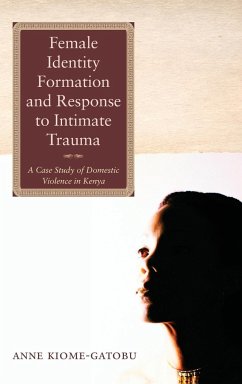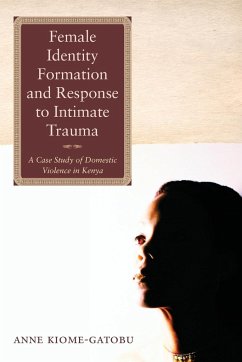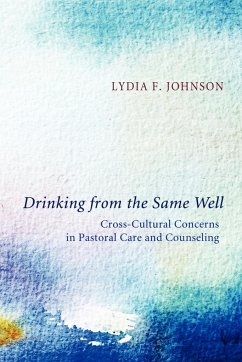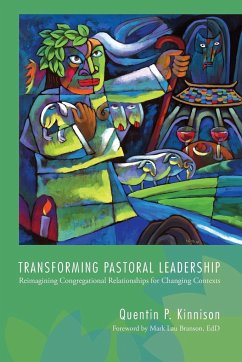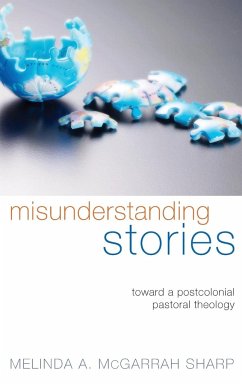This book is a vital resource for intervention programs, educators, social workers, counselors, psychotherapists, pastoral counselors, and survivors of intimate violence and their families. It gives the reader access to the inner emotions and psychological mechanisms of survivors of intimate violence in collective cultures that work to hold them captive in violent relationships. The author integrates the psychological developmental theories of Heinz Kohut and Erik Erikson with social, cultural, and religious aspects to demonstrate the collusive power of what she calls the orienting system (psychosocial and religious cultural force) in the formation of a female sense of self, to investigate the peculiar range of responses of females to intimate violence. Using theoretical and empirical research, the author claims that the demeanor and functionality of the female survivor of intimate violence is an adaptation that enables her to retain her socially prescribed roles, which she appropriates as a social identity and sense of self. A surprising aspect of this work is the transformative power of religion, also resourced in the orienting system, in transforming the psychic hold of survivors to cathected self-objects, to self-images that approximate a self in healthy relationship with God. Consequently the energies and investment released can be redirected to cohere in self-identities that can optimize drive, thrive and relationality.
Hinweis: Dieser Artikel kann nur an eine deutsche Lieferadresse ausgeliefert werden.
Hinweis: Dieser Artikel kann nur an eine deutsche Lieferadresse ausgeliefert werden.

